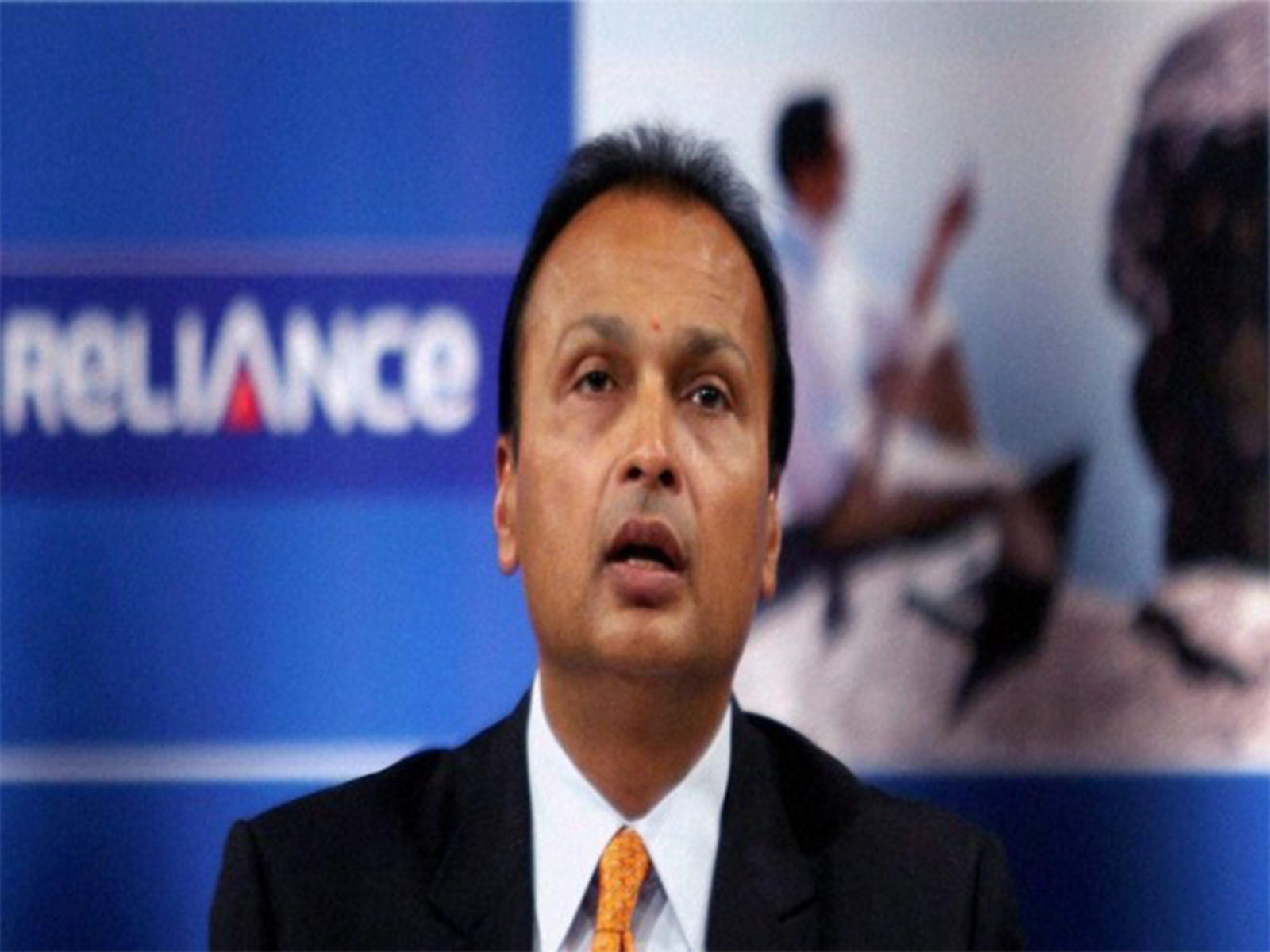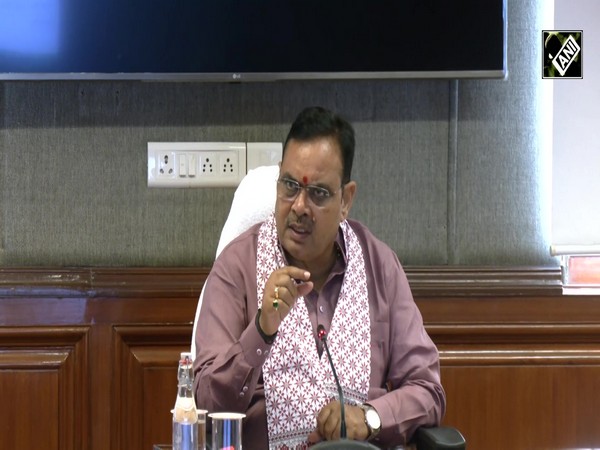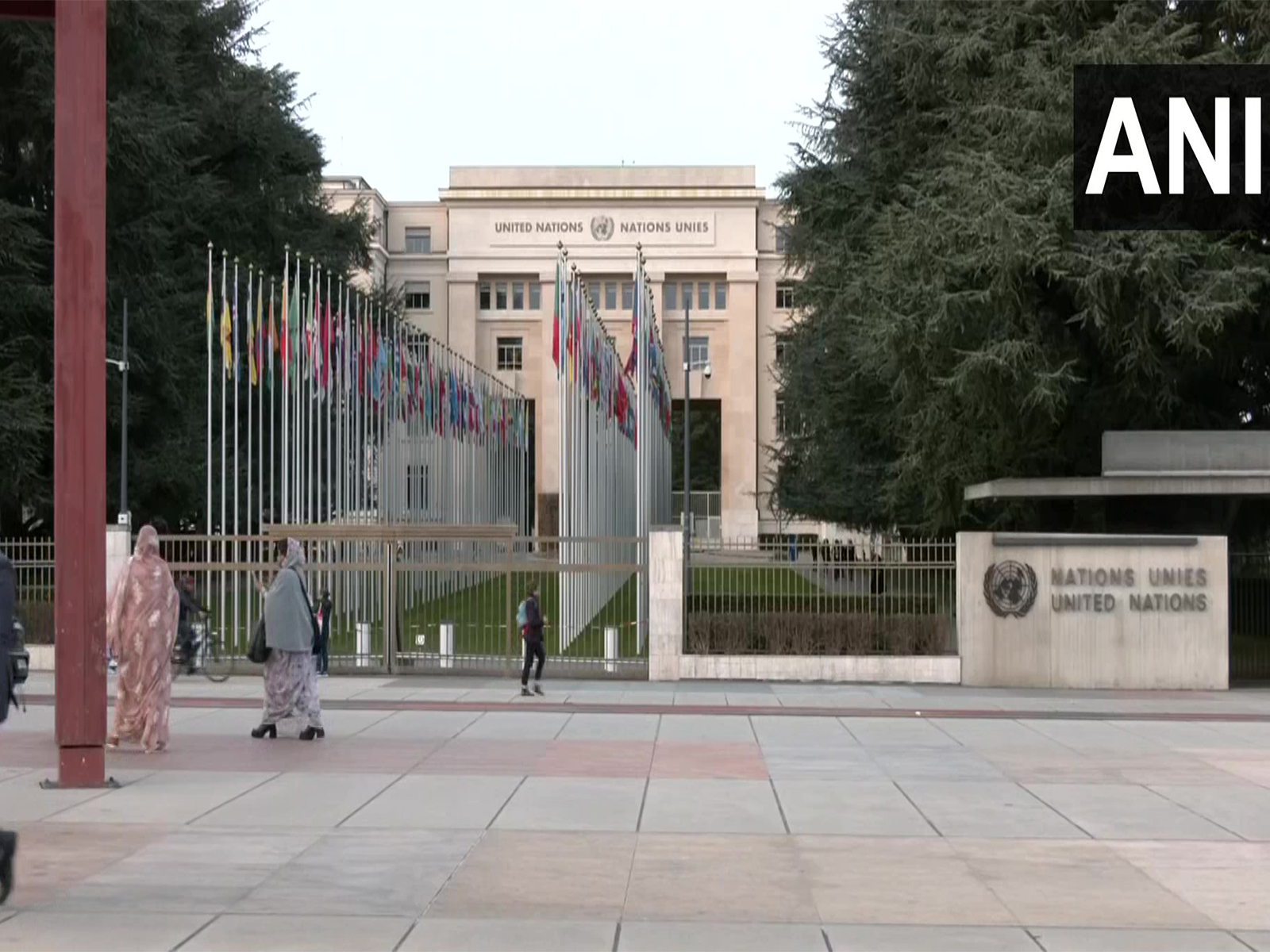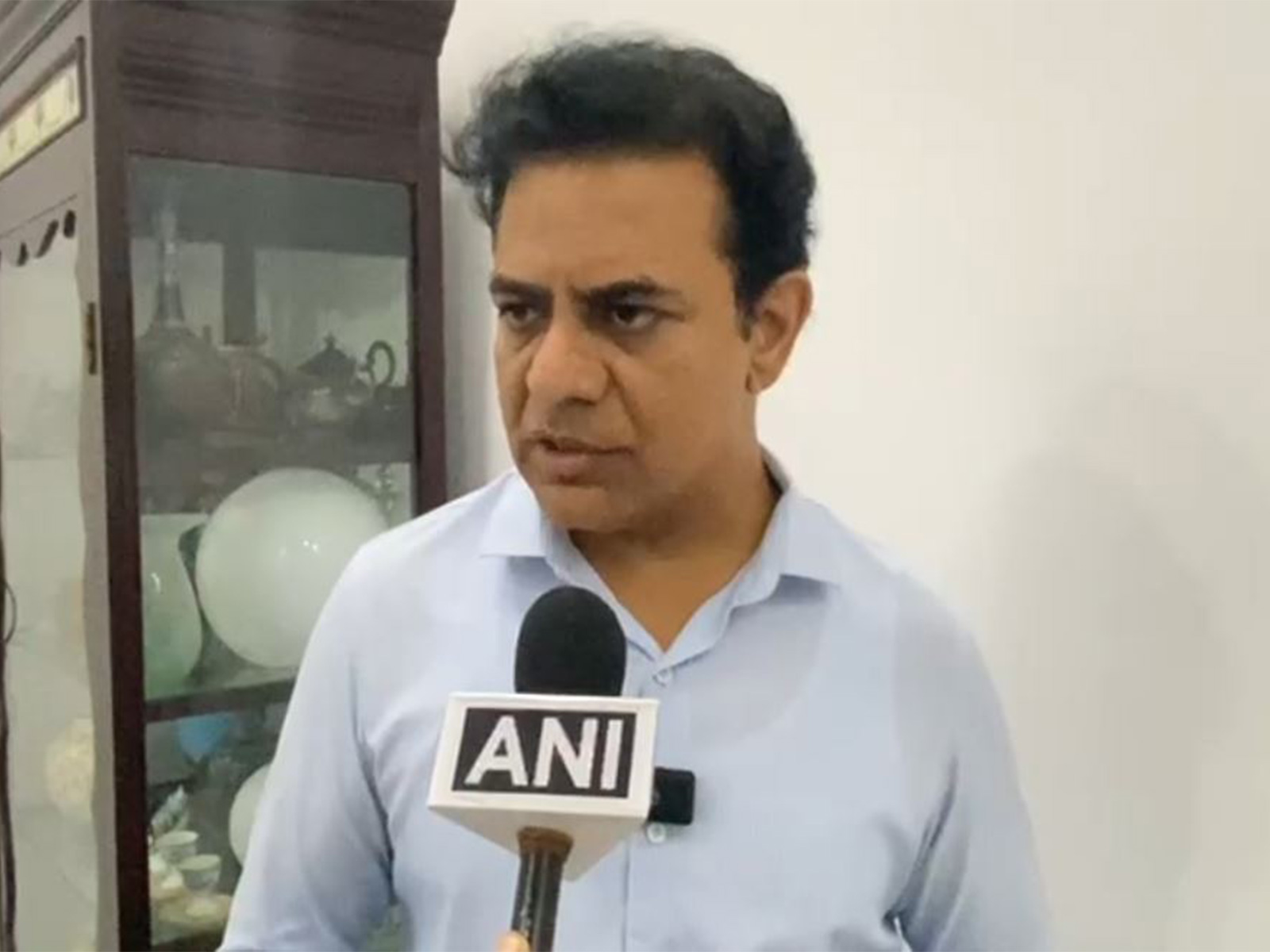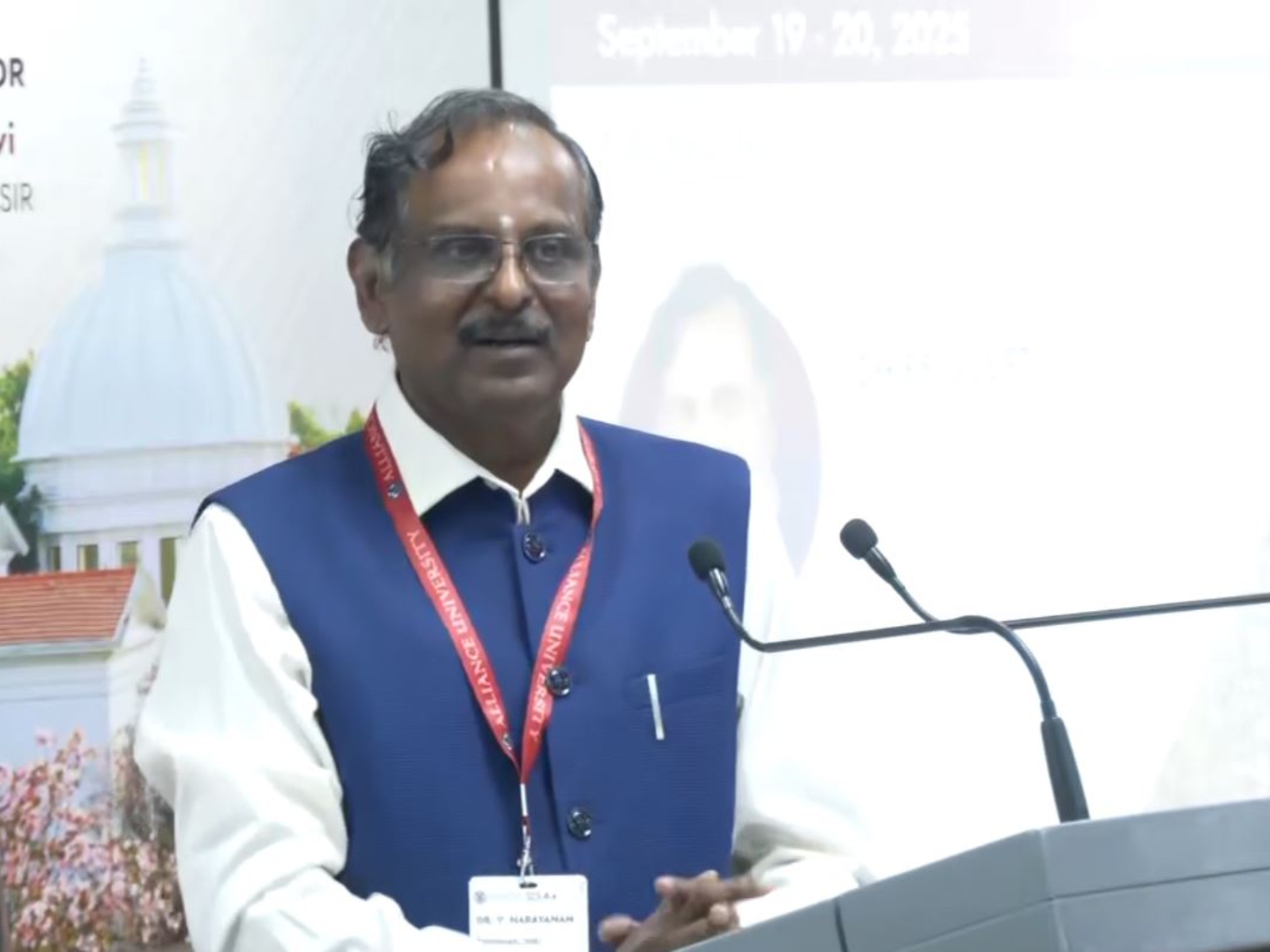
Hydrogen to play transformative role in India's space missions, transportation, clean energy future: ISRO Chairman
Sep 19, 2025
Bengaluru (Karnataka) [India], September 19 : Hydrogen is set to play a transformative role in India's space missions, transportation, and clean energy future, according to Indian Space Research Organisation (ISRO) Chairman V Narayanan.
Highlighting India's advancements in hydrogen technology, ISRO Chairman said, "The world today faces twin challenges: the growing demand for energy and the urgent need to reduce greenhouse gas emissions."
"In this context, hydrogen, one of the greenest and cleanest fuels available to us, is a beacon of hope. It remains key in many of our breakthroughs at ISRO. In January, India successfully launched the GSLV Mk III rocket, marking its 100th successful mission. It was powered by a cryogenic stage using liquid hydrogen and liquid oxygen, a technology once denied to India but now mastered by the country. Last year, we demonstrated a 100-watt oxygen-based fuel cell in space, with a 20-kilowatt version under testing," Narayanan said, speaking at the National Workshop on "Hydrogen Fuel Technologies and Future Trends" held at Alliance University, Bengaluru, in association with the Indian Institute of Science.
He added, "Beyond rockets, hydrogen has applications in aircraft, trains, automobiles, and fuel cells. In 2010-11, ISRO and Tata Motors collaborated to build a hydrogen fuel cell-powered bus, which was safely tested despite concerns, proving our confidence in the technology. In June 2025, five hydrogen-powered buses began commercial operations. Companies like BHEL and NTPC are now working on hydrogen systems and gas turbine engines."
He elaborated on the achievements of ISRO in cryogenic engines. "We now have three cryogenic propulsion systems flying, and in three parameters, we are world number one. For instance, we succeeded in a first flight using just three engines, completed engine development in 25 months compared to the global average of 34, and conducted a stage test in 34 days, while the world average is 10 months. We also made history by launching the NASA-ISRO NISAR satellite with a high-value payload built by India, showing how far we've come since our first small rocket in 1963."
Abhay G Chebbi, Pro-Chancellor, Alliance University, said, "Hydrogen is often described as the fuel of the future, but the truth is, the future is now. With less than 1 per cent of global hydrogen coming from renewable sources, workshops like these are critical to bridge the gap between possibility and practice."
India launched the National Green Hydrogen Mission in January 2023, an ambitious initiative aimed at transitioning the country towards a hydrogen-based economy.
The scheme focuses on the development of indigenous technology for green hydrogen production, infrastructure for storage, transportation, and utilisation.
By promoting hydrogen as a clean energy source, the mission aims to position India as a global leader in green hydrogen production and export, thereby driving sustainability and reducing dependence on fossil fuels. With over Rs. 8 lakh crores in total investments, green hydrogen capacity is expected to reach 5 million metric tons by 2030. This is expected to create 6 lakh jobs by 2030.
